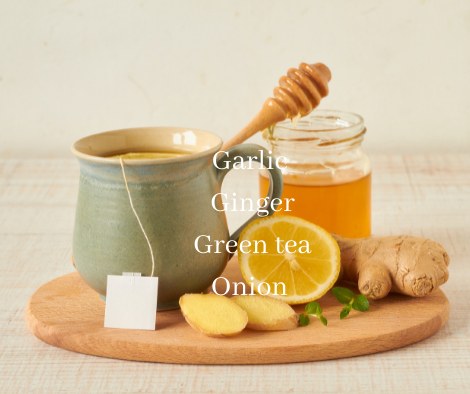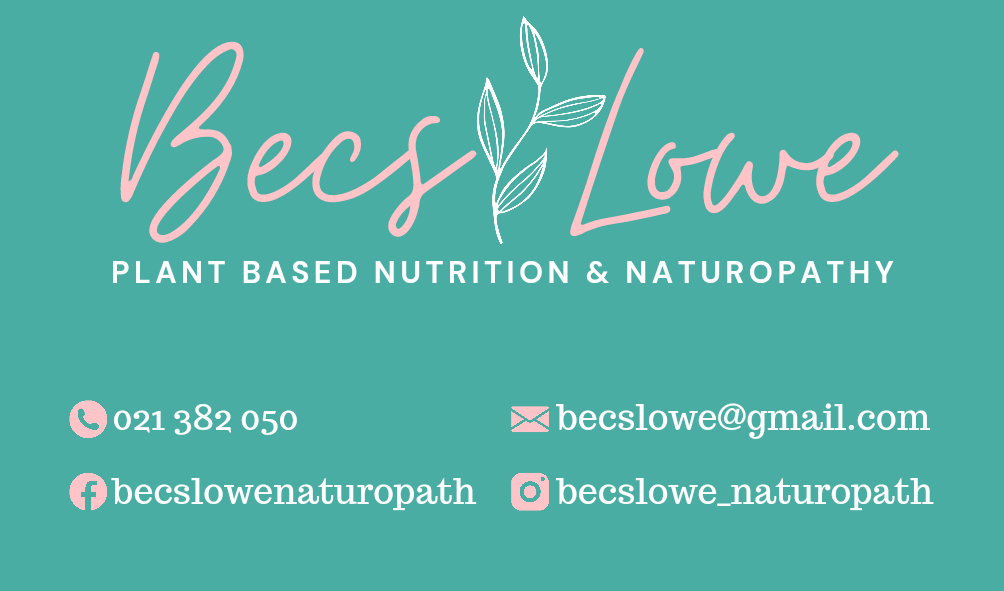

Dark Leafy Greens
These foods are packed with phytonutrients needed for the optimal functioning of your immune system. Rich
in folate, calcium and antioxidants, incorporate them into salads or cooked dishes or blend into smoothies.

Prebiotic foods
Prebiotic fibre is food for the healthy bacteria in our gut. Considering that 70-80% of our immune system is found in the gut, when our gut is healthy, our immune system is strong.

Probiotic Foods
These are foods that contain live beneficial bacteria that help strengthen your gut function and fight against pathogenic bacteria. By fermenting foods, probiotics are created and vitamins and minerals become more available.

Antimicrobial Foods
Some foods not only contain antioxidants and phytochemicals to support your immune system, but they also have potent antimicrobial activities to fight against bacteria, viruses and fungi.

Nuts and Seeds
These contain many disease-preventing nutrients such as fiber, omega-3 fatty acids, vitamin E, zinc and selenium. Zinc in particular is a vital nutrient for immune system function and studies have shown that those with a low zinc status have an increased susceptibility to disease.

Mushrooms
Mushrooms are a good source of immune supporting vitamins, minerals, essential amino acids and enzymes. They have been used for centuries to support the immune system and fight against infection.

The evidence is clear that a diet packed with vegetables, fruit, whole grains, legumes, nuts and seeds will help to strengthen your immune defences and offer protection from a wide range of illnesses. Make sure that most of your plate is covered with these foods, make it colourful and give your immune system the best chance to maximise your health and wellbeing.

